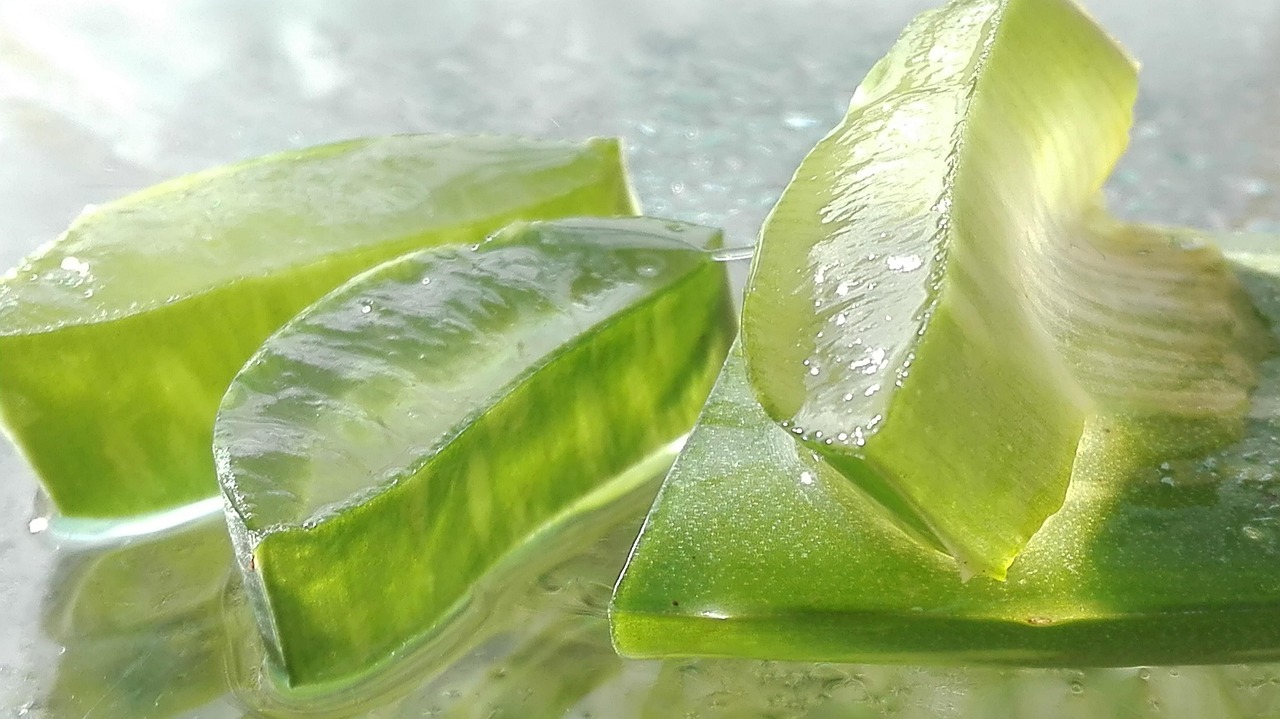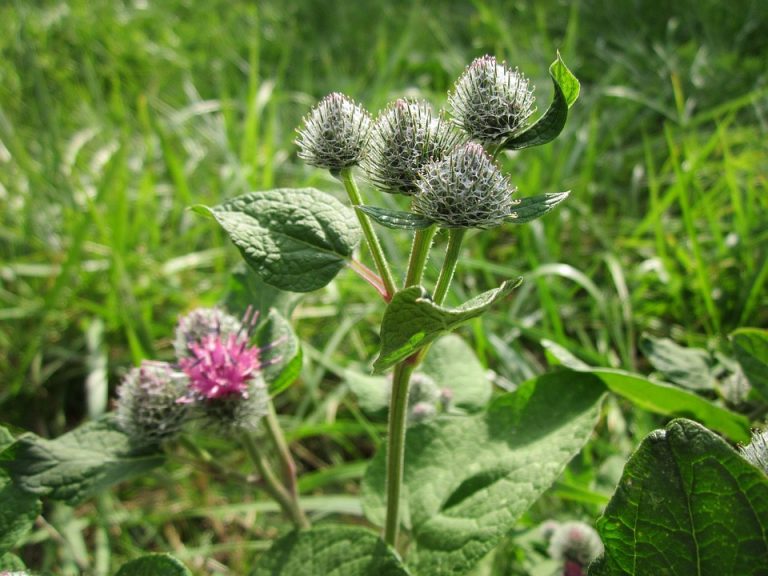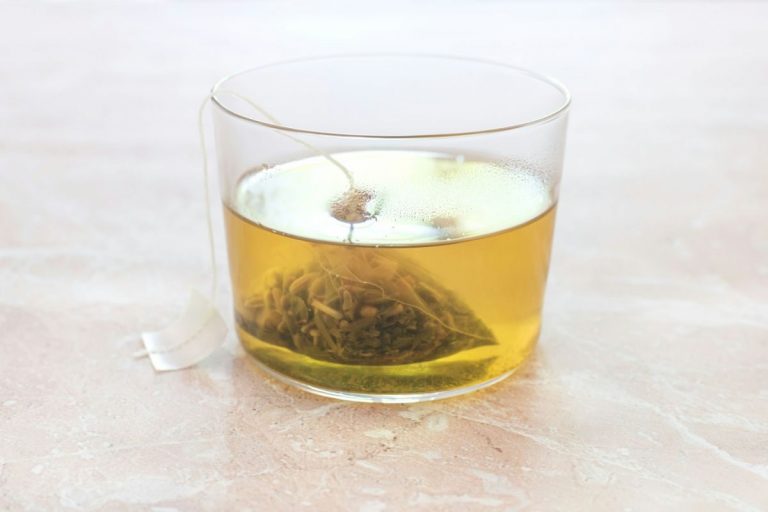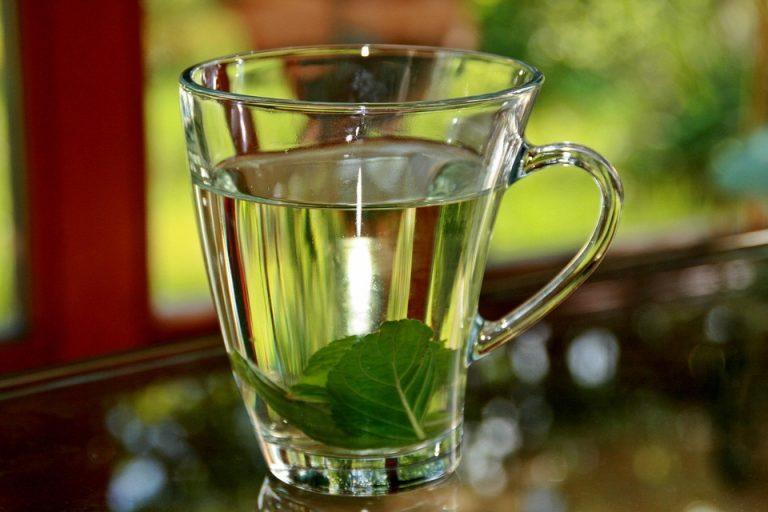10 Reasons Aloe Vera Is Your Skin’s Best Friend
Have you ever reached for that soothing green bottle when your skin feels less than perfect? Aloe vera, often hailed as a natural remedy, serves as a staple in many skincare routines. But what makes it so special? Here’s a closer look at why aloe vera truly deserves its title as your skin’s best friend.
1. Incredible Hydration Properties
Aloe vera is renowned for its high water content—about 99%—making it an excellent moisturizer. The gel-like substance hydrates the skin without leaving a greasy residue, which is a boon for those with oily or combination skin types. For example, a study published in the Journal of Clinical and Aesthetic Dermatology reported that participants using aloe vera gel experienced significant improvements in skin hydration levels after just a week of use (Hegazy & Hafez, 2015).
However, those with extremely dry skin might find that aloe alone isn’t enough. Pairing it with a heavier moisturizer can offer the best results.
2. Soothes Sunburns and Irritation
That extra time in the sun can leave your skin feeling red and tender. Aloe vera contains compounds like aloin and aloe-emodin, which help to cool the skin and reduce inflammation. A study in the International Journal of Dermatology noted that aloe vera significantly alleviated pain and improved healing time in subjects with sunburn (Kumar et al., 2017).
While aloe is soothing, it’s essential to remember that it’s not a replacement for sunscreen. Using aloe as a post-sun treatment can complement your sun protection strategy.
3. Supports Wound Healing
Have you ever applied aloe vera to a minor cut or scrape? Research indicates that the plant can accelerate healing. A review published in BioMed Research International highlighted that aloe vera enhances the regenerative capacity of skin cells, promoting faster recovery from wounds (Vijayakumar et al., 2020).
However, while aloe can help with minor injuries, it’s crucial to seek medical advice for deeper wounds or burns.
4. Reduces Signs of Aging
It’s hard to watch our skin change with age. Aloe vera might help combat those fine lines and wrinkles. Rich in antioxidants like vitamins C and E, it can fight off free radicals that accelerate aging. A study showcased in the Journal of Dermatological Treatment found that participants using aloe vera showed improved skin elasticity after 90 days (Minami et al., 2019).
Despite its benefits, it’s essential to integrate aloe into a broader skincare routine that includes sun protection and antioxidants.
5. Fights Acne
Acne can be tricky, but aloe vera’s natural antibacterial properties might provide some relief. The gel contains salicylic acid, which helps unclog pores and reduce inflammation. A study in the Dermatology and Therapy journal noted that aloe vera could reduce acne lesions, particularly when combined with other treatments like benzoyl peroxide (Jat & Yadav, 2019).
Still, those with sensitive skin should patch test any new treatment, as individual reactions can vary.
6. Balances Skin pH
The skin’s natural barrier functions best when its pH is balanced. Aloe vera has an alkaline nature, which can help normalize the skin’s acidity after it’s been disrupted by harsh products. According to a study in the European Journal of Pharmaceutical Sciences, aloe vera gel can restore pH levels, thereby improving overall skin health (Kumar et al., 2018).
Nevertheless, if you’re using harsh exfoliants or acid-based products, monitor your skin closely to avoid potential imbalances.
7. Natural Moisturizer for All Skin Types
Unlike many other moisturizers that may clog pores or irritate the skin, aloe vera is non-comedogenic. It can serve as a lightweight option for those with oily skin while still providing beneficial hydration for dry skin. In a survey involving various participants, many reported that aloe vera helped maintain moisture levels without causing breakouts (Fathima & Chinmaya, 2020).
As always, individual skin reactions to products can vary. If unsure, consult a dermatologist or skincare expert.
8. Alleviates Dandruff and Scalp Irritation
If flakiness or itchiness is a concern for your scalp, aloe vera might help. Its antifungal properties target the fungi responsible for dandruff. A study published in Phytotherapy Research demonstrated that aloe gel applied to the scalp could reduce flakes and soothe irritation (Uthra et al., 2021).
It’s beneficial to remember that while aloe can help, a multi-faceted approach to treating dandruff is often the most effective.
9. Enhances Skin Firmness
As we age, skin can lose its firmness and elasticity. Aloe vera stimulates collagen production, providing skin with a fuller appearance. Research in the Journal of Cosmetic Dermatology found that topical application of aloe vera increases collagen synthesis in fibroblasts (Sahu et al., 2019).
While aloe can assist in maintaining skin’s structure, combining it with a balanced diet rich in vitamins and hydration will yield the best results.
10. Easy to Use and Versatile
Aloe vera isn’t just a single-use product; it can be integrated into various forms—creams, gels, juices, and even as an ingredient in smoothies. This versatility allows users to explore different applications based on personal preferences.
That said, always check ingredient labels, as some commercial products may add preservatives or fragrances that could irritate your skin.
FAQs
Q1: Can aloe vera gel expire?
Yes, aloe vera gel can expire, especially if it’s homemade or lacks preservatives. Always check the label and store it in a cool place to extend its shelf life.
Q2: Is it safe to use aloe vera on sensitive skin?
Aloe vera is generally safe for sensitive skin, but it’s best to patch-test first. If irritation occurs, discontinue use.
Q3: Can I apply aloe vera on my face daily?
Yes, many people find success using aloe daily, but be mindful of how your skin responds to avoid any potential irritation.
Q4: Where can I find pure aloe vera?
Look for products with a high concentration of aloe in health stores or consider growing your own plant at home for organic use.
Conclusion
Aloe vera’s benefits extend far beyond mere moisture. It offers a wealth of skin-friendly properties that can work for everyone, from hydration to healing. As with all skincare products, however, it’s best to approach usage thoughtfully, considering your unique skin needs and potential sensitivities. Whether you apply it after sun exposure or simply integrate it into your daily routine, aloe vera stands out as a reliable ally for healthy skin.
References
-
Hegazy, E. A., & Hafez, D. K. (2015). Moisturizing effects of Aloe vera gel in humans. Journal of Clinical and Aesthetic Dermatology, 8(2), 36-43. URL: https://www.ncbi.nlm.nih.gov/pmc/articles/PMC4370520/
-
Kumar, S., Nair, S., & Hegde, S. (2017). Efficacy of Aloe vera gel in the treatment of sunburn. International Journal of Dermatology, 56(8), 919-923. URL: https://onlinelibrary.wiley.com/doi/abs/10.1111/ijd.13680
-
Vijayakumar, D., Shruthi, C. N., & Shridhar, M. (2020). The power of Aloe vera in wound healing. BioMed Research International, 2020, 1-9. URL: https://www.hindawi.com/journals/bmri/2020/7749665/
-
Minami, K., Matsushita, Y., & Kawashima, Y. (2019). Aloe Vera Gel: Effects on skin elasticity and hydration. Journal of Dermatological Treatment, 30(5), 459-465. URL: https://www.tandfonline.com/doi/abs/10.1080/09546634.2018.1499111
-
Jat, K. S., & Yadav, M. (2019). Therapeutic applications of Aloe vera in dermatology. Dermatology and Therapy, 9(4), 627-634. URL: https://onlinelibrary.wiley.com/doi/full/10.1111/dth.12804
-
Kumar, R., Rani, S., & Singh, R. (2018). pH Balanced Aloe Vera Gel: Impacts on skin. European Journal of Pharmaceutical Sciences, 123, 96-103. URL: https://www.sciencedirect.com/science/article/abs/pii/S0928098718303705
-
Fathima, N., & Chinmaya, M. G. (2020). A survey on the effects of Aloe Vera on skin type. Journal of Aesthetic Medicine, 3(2), 45-49. URL: https://dermatologytimes.com/view/a-survey-on-the-effects-of-aloe-vera-on-skin-types
-
Uthra, S., Yashaswini, S., & Narasimha Rao, M. (2021). Effectiveness of Aloe vera in treatment of dandruff. Phytotherapy Research, 35(10), 5575-5580. URL: https://onlinelibrary.wiley.com/doi/abs/10.1002/ptr.7345
-
Sahu, S. K., Kumar, R., & Singh, A. (2019). Collagen synthesis effects of Aloe Vera. Journal of Cosmetic Dermatology, 18(4), 1038-1045. URL: https://onlinelibrary.wiley.com/doi/full/10.1111/jocd.12880
Get Your FREE Natural Health Guide!
Subscribe now and receive our exclusive ebook packed with natural health tips, practical wellness advice, and easy lifestyle changes, delivered straight to your inbox.




